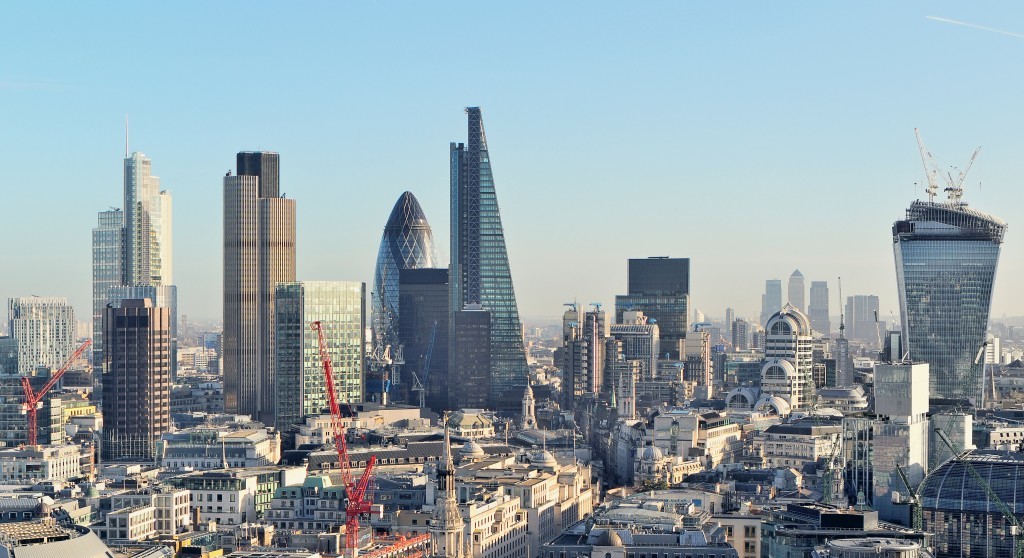
Medium-sized oil companies are finding it more difficult to secure investment as fund managers’ attitudes to fossil fuels worsen, an industry stalwart said.
Hurricane Energy chief financial officer Alistair Stobie said the “story” that oil and gas is not part of the future energy mix had “significant resonance”.
Mr Stobie urged the oil industry to show that it has a role to play in the energy transition as the clamour for investors to ditch fossil fuels grows.
He believes steady oil prices and success for Hurricane and other mid-cap exploration and production (E&P) companies could help restore some investor “faith” in the sector.
London-listed Hurricane is close to achieving first oil from the initial development phase of its 500 million barrel Lancaster field and is carrying out a drilling campaign on the nearby Greater Warwick Area this year.
Mr Stobie struck a chord during a recent event in Aberdeen when he said opposition to investment in fossil fuels had gone beyond Swedish climate change activist Greta Thunberg and was “mainstream City of London”.
The capital markets expert subsequently told Energy Voice that although the UK oil and gas sector is still finding favour with private-equity investors, doors are slamming shut in public markets.
That trend could have a “knock on effect” on the UK North Sea, where North American oil majors are making way for newer operators, often backed by private equity.
Mr Stobie said the “changing of the guard” had been “easy” so far, but that there was “still some way to go”.
If public markets don’t open up again, private-equity could struggle to find an exit route, as initial public offerings become less feasible.
So at what point do private-equity houses stop pumping money in?
Mr Stobie said that was “not today’s problem”, but it is something he worries about.
He is increasingly dealing with “generalist” investors who spread their bets across several industries.
The “old order” of specialist natural resources investors was “wiped out” during the worst years of the downturn, he said.
Another problem is that most mid-cap E&P companies failed to generate returns over the last decade, which makes it difficult for them “get a hearing”.
And fund managers are now placing more importance on environmental, social and governance (ESG) considerations when picking stocks.
It means firms like Hurricane – about a fifth of whose shares are owned by private-equity firm Kerogen Capital – are facing “impediments”.
“There are fewer oil and gas experts available and the pressure not to invest is greater,” Mr Stobie said, adding that some of the fund managers he speaks to don’t appreciate the skill levels boasted by North Sea industry.
Mr Stobie said Hurricane’s own investment case was made more complicated by its focus on naturally fractured basement reservoirs, which are “less well understood” than sandstone, where most of the world’s petroleum reserves are found.
But he said Hurricane’s expertise and knowledge lay in fractured basin projects and that the company had no intention of branching into renewables.
Many large integrated oil companies (IOCs) are spending more on low carbon and renewable energy technologies, while making pledges to lower emissions.
But IOCs still appear to be falling short in the eyes of fund managers. A recent poll from the UK Sustainable Investment and Finance Association showed only two out of 39 investors felt IOCs which didn’t respond to climate-change risks within 10 years were attractive investments.
Just under a quarter do not see IOCs as attractive at any time.
Though Hurricane is unashamedly an E&P company, Mr Stobie does grasp the importance of reducing harmful emissions from oil and gas operations.
He feels the oil and gas industry’s Vision 2035 scenario and the energy transition do go hand-in-hand.
Mr Stobie said the current state of the UK’s energy infrastructure meant a rapid switch to 100% renewables provision was not viable, and that the country still needs oil revenues.
Petroleum is also needed for the manufacture of products made from plastic, though Mr Stobie hopes plastics will become less prevalent.
He said: “We have to show that we are producing at the lowest possible carbon dioxide level per barrel.
“We measure, monitor and report and emissions have a cost to us, so that means we are focused on reducing them.”
Recommended for you

